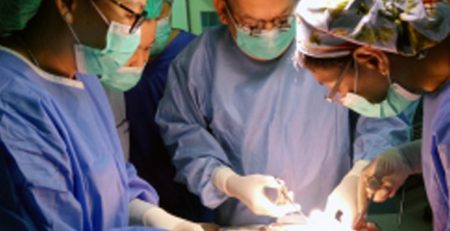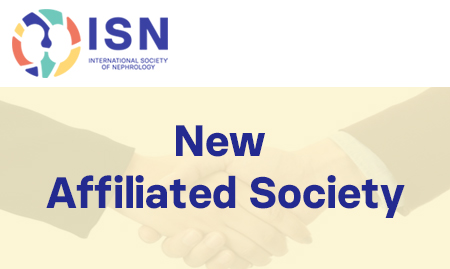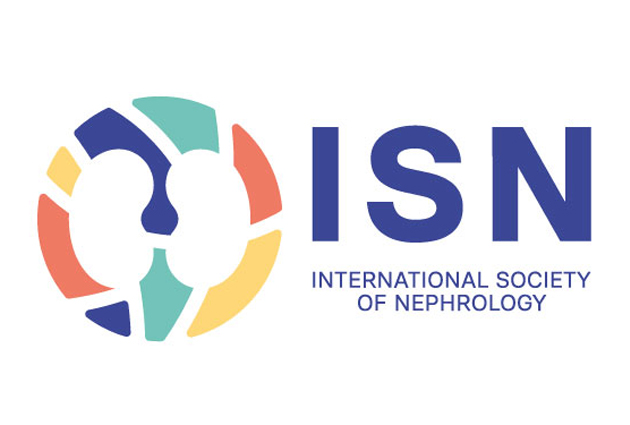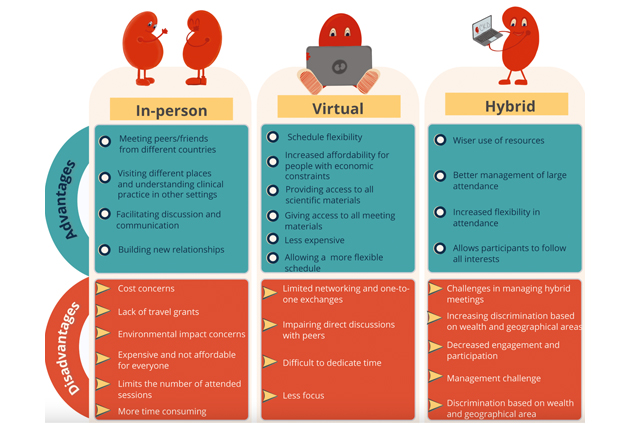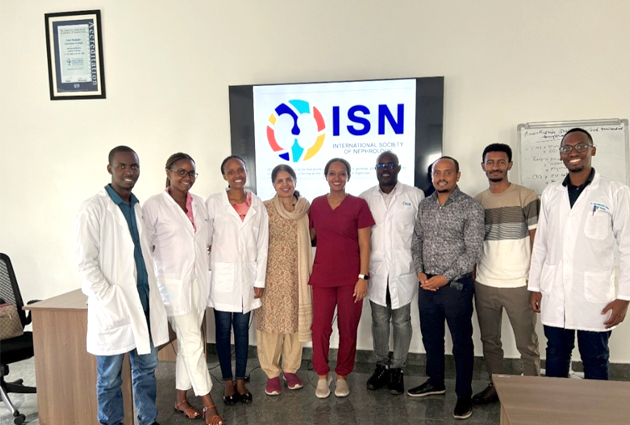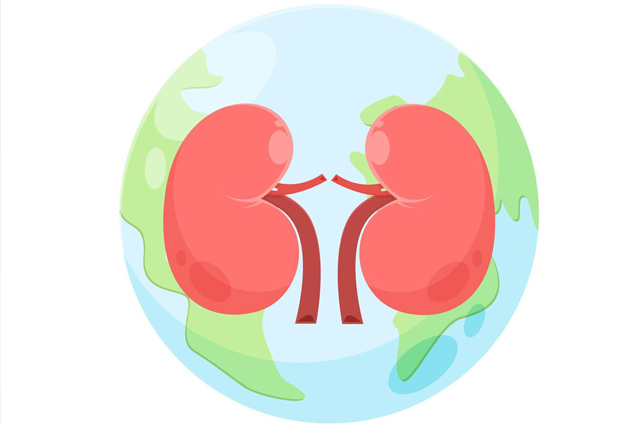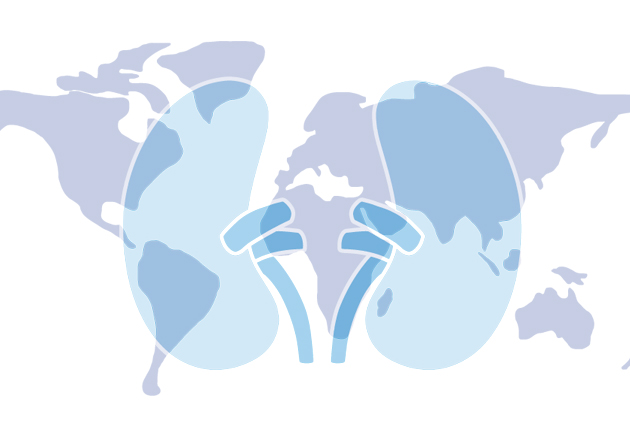ISN Forefronts symposium 2015
 Discovering more about cardio-renal pathophysiology and its links with immunopathology and inflammation will be the focus of discussions at the next ISN Forefronts Symposium, taking place in Shenzhen, China from October 22 to 25, 2015.
Discovering more about cardio-renal pathophysiology and its links with immunopathology and inflammation will be the focus of discussions at the next ISN Forefronts Symposium, taking place in Shenzhen, China from October 22 to 25, 2015.
Hypertension and vascular disease are important consequences of chronic kidney disease (CKD), and they are major contributors to high morbidity and mortality. The link between inflammation in CKD and cardiovascular disease (CVD) is widely recognized, but its pathophysiological basis is still unclear, as is the relationship of inflammation in CKD to innate and adaptive immunity.
This meeting will bring together nephrologists, cardiovascular and renal physiologists, and immunologists to review, update, and exchange current knowledge and ideas on the pathophysiology of hypertension, vascular injury, and immune regulation.
ISN Forefronts Co-Chair Robert Unwin says: “Recent important discoveries have been made that are changing our understanding of physiology and immunology, leading to new directions in research in each field and potentially new opportunities in therapeutics as well as the application of some exciting new methodologies.”
Altered cellular physiology of immune cells can change their phenotype and function, while inflammation and immune cell activation appear to underlie hitherto unrecognized physiological processes.
Examples include the role of ATP as an extracellular messenger, purinergic receptors, immune cell regulation and the NALP3 inflammasome, angiotensin-II and macrophage recruitment in the kidney and skin; cytokines, the sympathetic nervous system and neurogenic hypertension; systemic hypertension and inflammation, sodium balance and tissue distribution, hypertension and autoimmunity; atheroma and inflammation.
Unwin hopes the meeting will attempt a synthesis of these various and varied biological processes, and their relevance to the cardio- renal link and disease.
He reiterates the aim of ISN Forefronts and how the format works towards to developing knowledge and partnerships: “We will cover many ‘hot topics’ intended to bring scientists together from diverse disciplines to inform and promote exploration of new and innovative areas in kidney-related research, as well as to encourage new and wider cross-disciplinary collaborations.”
For further information, click here.


